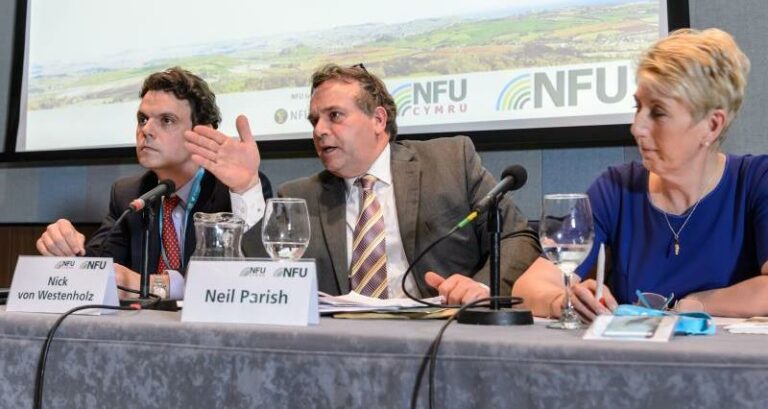The Government must take a pragmatic approach in discussions with the EU to reduce ‘considerable’ non-tariff barriers—including red tape and checks— that the new GB-EU trading environment has created for British companies.
Those are the findings of a new report—Seafood and Meat Exports to the EU—published by the Environment, Food and Rural Affairs (EFRA) Committee, in which MPs express urgent concerns for exporters of highly time-sensitive fresh and live shipments to the EU, particularly small and medium sized businesses.
Despite overcoming initial “teething problems” the new barriers small seafood and meat export businesses face could render them unviable, and factories and jobs may relocate to the EU.
The Committee’s report therefore calls on the Government to ease burdens, including:
- as a matter of priority, seeking agreement with the EU on digitising the certification of paperwork such as Export Health Certificates
- providing the same help to small meat and seafood businesses with the costs of extra red-tape for exports to the EU as they can receive for moving goods to Northern Ireland
- establishing a ring-fenced fund to help create new distribution hubs, which allow smaller consignments to be grouped into a single lorry load, so reducing transport costs.
The Committee criticised the fact that controls on EU seafood and meat imports will not commence until 1 October 2021, with checks at the border only commencing from 1 January 2022.
This has placed British businesses at a competitive disadvantage and reduced the incentive on the European Commission to negotiate measures that would lessen the burdens facing British producers.
The report finds that adhering to the revised timetable will be ‘crucial’, to ensure food safety and to create a regulatory level playing field.
Neil Parish MP, Chair of the EFRA Select Committee, said: “British businesses have acted with incredible agility and perseverance to adapt to the new processes for exporting meat and seafood to the EU.
“With the many checks causing delays and costs, this hasn’t been easy. We are concerned that in the absence of equivalent checks for imports from the EU to Great Britain, there will be serious long-term repercussions for our producers.
“As it stands, the playing field is not even, and the Government must ensure that the new timetable to introduce import checks is adhered to.
“Even as “teething problems” are sorted, serious barriers remain for British exporters, and it is now imperative that the Government take steps to reduce these.
“It must be pragmatic in seeking an agreement with the EU to reduce the red tape that harms both sides, and in the meantime, crack on with giving practical support to small British businesses to sell their produce abroad.
“By the end of the year, the Government must have developed a digital system for certifying EHCs for imports from the EU, enabling it to then negotiate a reciprocal arrangement.”


